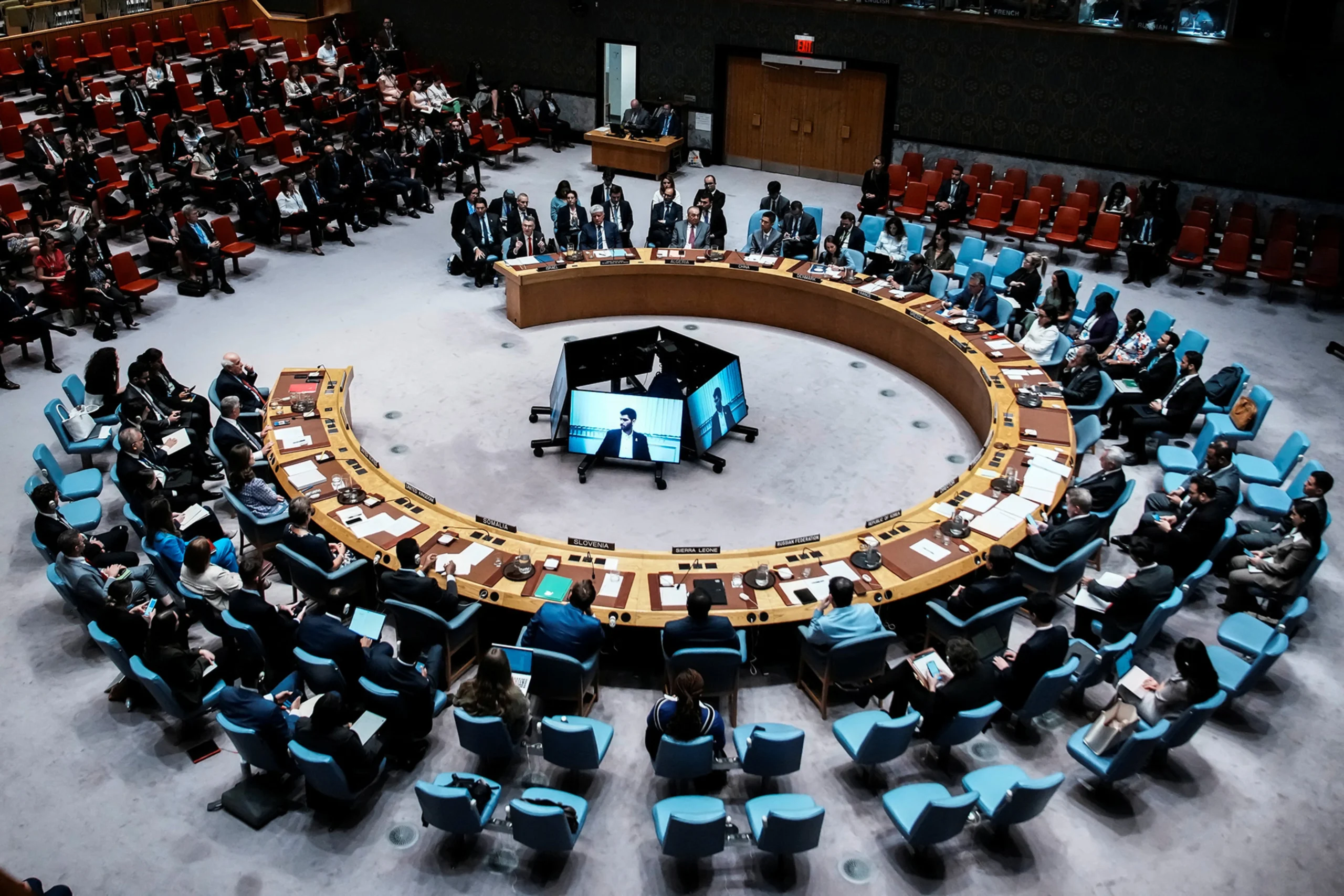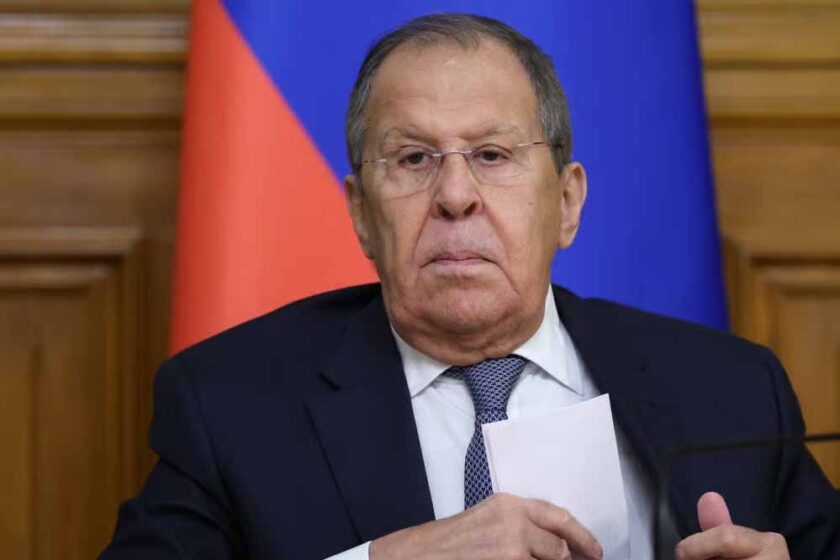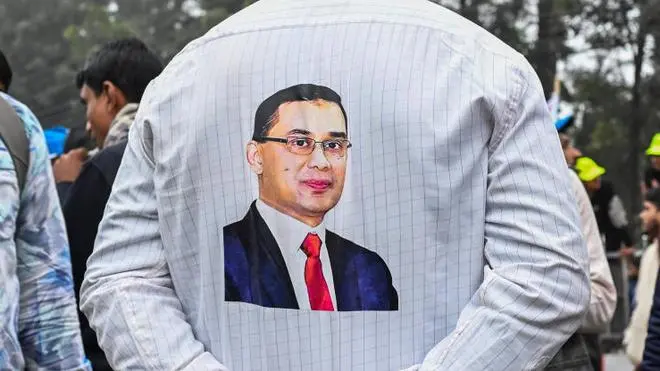New Delhi— At a time when wars are escalating and humanitarian crises are multiplying across continents, the United Nations Security Council (UNSC)—the world’s foremost guardian of peace—is facing unprecedented scrutiny. Its inability to prevent conflicts or respond decisively to unfolding tragedies has raised serious questions about its relevance, structure and moral authority.
The UNSC, created in 1945 in the aftermath of the Second World War, was envisioned as the central pillar of global peace and collective security. But as the world moves deeper into a multipolar and conflict-ridden era, the Council’s outdated structure, political paralysis and misuse of veto power have weakened its credibility. From Gaza and Ukraine to Sudan, Yemen, Myanmar and the Sahel, the Council’s slow or absent response has underscored a widening gap between global expectations and institutional delivery.
Veto Power and the Crisis of Moral Authority
The Council’s biggest challenge stems from the concentration of veto power in the hands of its five permanent members. This authority allows any of them to block resolutions—even those intended to prevent humanitarian catastrophes. As a result, thousands of civilian deaths in Gaza, the devastation of Ukrainian cities, and the suppression of democracy in Myanmar have gone largely unchecked.
What was intended as a mechanism to maintain balance has become a tool of political leverage, often allowing national interests to override collective global responsibility. Critics argue this imbalance has hollowed out the UN’s moral leadership, turning the Council from a protector of peace into a hostage of geopolitical rivalries.
Outdated Structure in a Changed World
Another source of global frustration is the UNSC’s unrepresentative composition. While the geopolitical landscape has dramatically shifted since 1945, the Council’s structure has barely evolved. Major regions and emerging powers—particularly Africa and India—lack permanent representation despite their demographic weight, economic contributions and critical role in peacekeeping.
With China’s rise, India’s expanding influence, Africa’s growing political voice and the increasing assertiveness of Latin America, the existing UNSC framework appears increasingly obsolete. This disconnect has led many nations to view the Council not as an inclusive global body but as a remnant of an old world order.
Peacekeeping Without Political Strategy
Although UN peacekeeping missions have prevented violence in many regions, their long-term effectiveness remains a concern. Peace operations often succeed in reducing immediate hostilities but fail to address root causes due to weak political strategy, inadequate follow-up and limited collaboration with regional actors.

In several African nations, peacekeepers helped enforce temporary ceasefires, but violence returned once missions drew down—reflecting a chronic absence of political continuity and transitional governance support.
Erosion of Global Confidence
These failures have contributed to a growing perception—especially in the Global South—that the UNSC has become a battleground for great-power competition rather than a platform for equitable decision-making. As a result, regional groupings such as the African Union, ASEAN, the Arab League and the European Union are building parallel security structures, gradually limiting the UN’s influence.
What Must Change?
Experts argue that both structural and functional reforms are essential:
- Expanding permanent membership to include emerging global powers and ensure regional balance.
- Revisiting the veto system to prevent its misuse during humanitarian crises.
- Creating new UN mechanisms, such as a Peace and Sustainable Security Board, to provide continuity, monitor post-conflict transitions and ensure deeper political engagement.
- Strengthening partnerships with regional organizations, which possess better cultural and political understanding of local conflicts.
- Enhancing the UN’s ability to respond quickly, impartially and decisively to humanitarian emergencies.
A Critical Juncture for Global Governance
As the world faces intensifying polarization, technological rivalries, climate-linked instability and cross-border conflicts, the UN’s silence in moments of crisis has become a matter of global concern. Experts warn that unless the UNSC modernizes itself—structurally, politically and morally—it risks drifting into irrelevance.
Eighty years ago, the UN promised humanity a new era of peace, justice and collective security. Today, that promise stands at a crossroads. Rebuilding trust in the Security Council is not just an institutional necessity—it is essential for the future of global peace itself.










